The Fight for Fairness: Google Faces the DOJ Over Digital Advertising Monopoly
As the digital landscape continues to evolve, the looming presence of Google remains a topic of intense scrutiny. The U.S. Department of Justice (DOJ) has moved into the next phase of its legal battle against the tech giant, aiming to challenge its dominance in the digital advertising sphere. Below, we delve into the key issues at play in this landmark case and what it could mean for consumers and businesses alike.
Understanding Google’s Alleged Monopoly
A History of Accusations
For those who find themselves using Google multiple times a day without a second thought, it might come as a surprise that the search engine has been accused of illegally monopolizing the digital advertising space. In prior rulings, courts have determined that Google not only monopolized search features but also executed a scheme to stifle competition.
As the DOJ and Google prepare for a critical hearing this week, they are set to present diverging visions for how the tech titan can rectify its anti-competitive practices.
The Impact on Local News and Small Businesses
Choking Off Competition
Rohit Chopra, a former commissioner of the Federal Trade Commission and head of the Consumer Financial Protection Bureau, highlights the ramifications of Google’s actions. According to Chopra, local businesses and small publications have been particularly hard-hit, relying heavily on advertising revenue to survive. Unfortunately, much of that revenue now flows to Google, leaving these entities gasping for air.
“The economic model for journalism has drastically changed,” Chopra explains. He emphasizes that although audiences crave local news, the funds directed toward advertising largely go to Google and its competitors such as Facebook, rather than the publications creating the content.
Potential Solutions: Breaking Up the Giant
A Call for Change
The question arises: What can be done? Some experts propose that breaking up Google’s control over ad networks and exchanges would help mitigate the conflict of interest. Chopra likens this scenario to a major bank owning a stock exchange, suggesting that such a setup is fundamentally problematic for fair competition.
“We need to look at spinning off various parts of these conglomerates,” Chopra says. The goal here is not merely to punish Google but to foster a landscape where competition can thrive.
The Dual Proposals: Google’s Defense Strategy
Navigating the Legal Barriers
As both the DOJ and Google present their proposals to the court, questions arise about how the company will defend itself. Google’s stance has been that it is innocent of wrongful practices, raising concerns about whether their proposed solutions would genuinely address the underlying issues.
Chopra remains skeptical about Google’s willingness to offer genuine remedies. "We don’t want Google to submit a proposal that fails to address the problems at hand," he warns. The stakes are high—not just for Google, but for everyone who relies on a fair and open internet.
The Bigger Picture: A Shift in Antitrust Sentiment
Antimonopoly Efforts Unearthed
Interestingly, the current administration has developed a reputation for being against monopolies and supporting the “little guy.” Yet, skepticism remains. Chopra questions whether this sentiment holds true considering the prominent representation of big tech CEOs at political events.
While the DOJ pushes forward, the legal process will play a crucial role in determining the future of digital advertising and, by extension, the economic landscape of various industries that rely on it.
Conclusion: The Battle for Fairness Continues
As Google and the DOJ prepare for this pivotal hearing, the eyes of the world are watching closely. Will this case mark a turning point for digital advertising practices, or will it ultimately reinforce the status quo? One thing is for sure: the outcome will carry significant implications for consumers, advertisers, and the future of local journalism.
For more insights and updates on this ongoing case, be sure to follow reliable news sources like NPR and others that cover the nuances of this evolving story.






